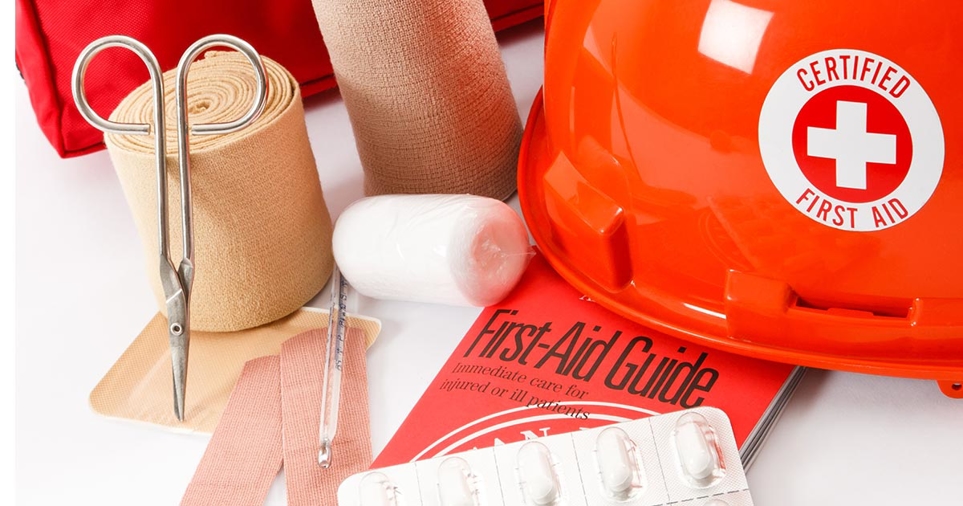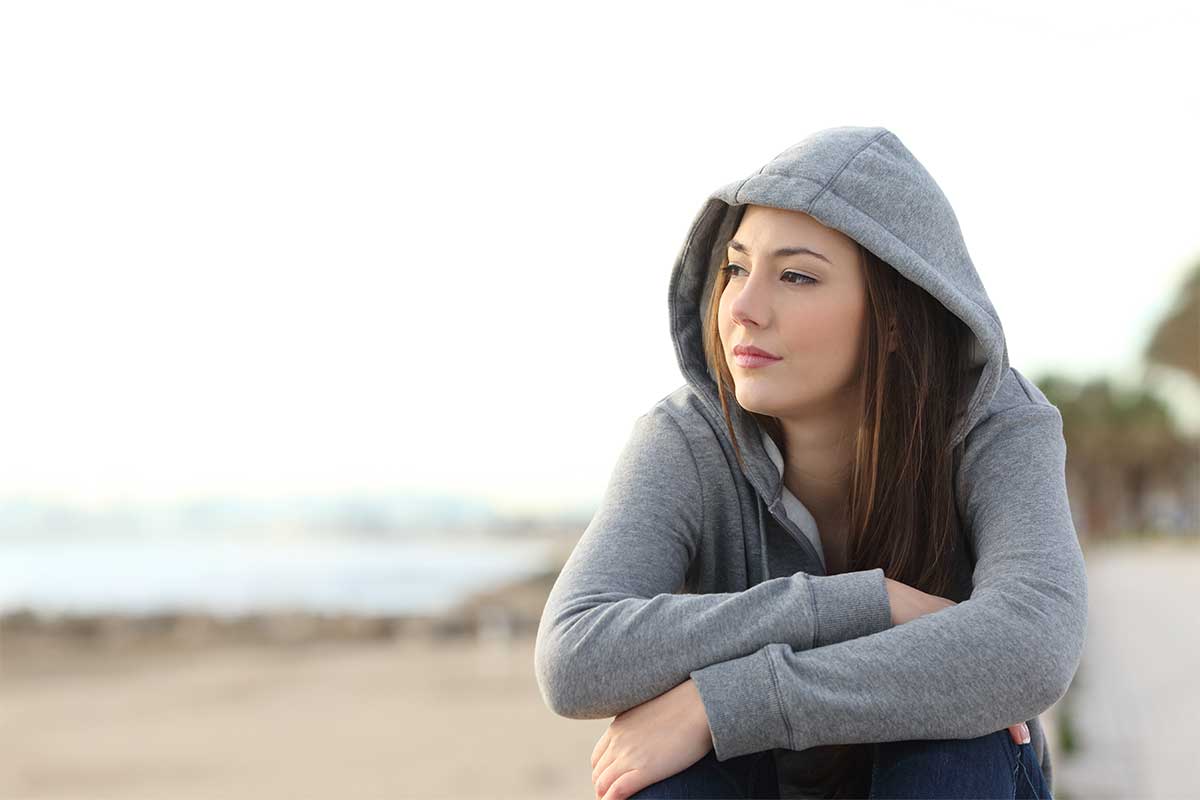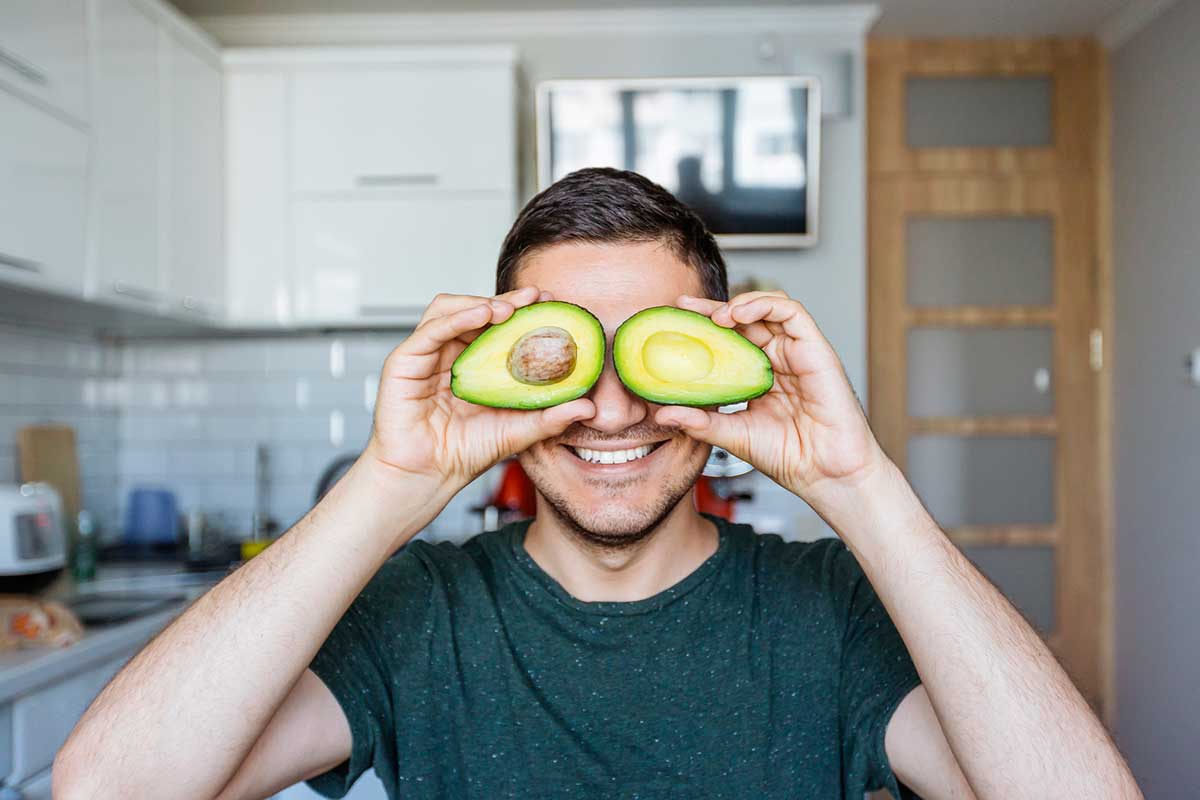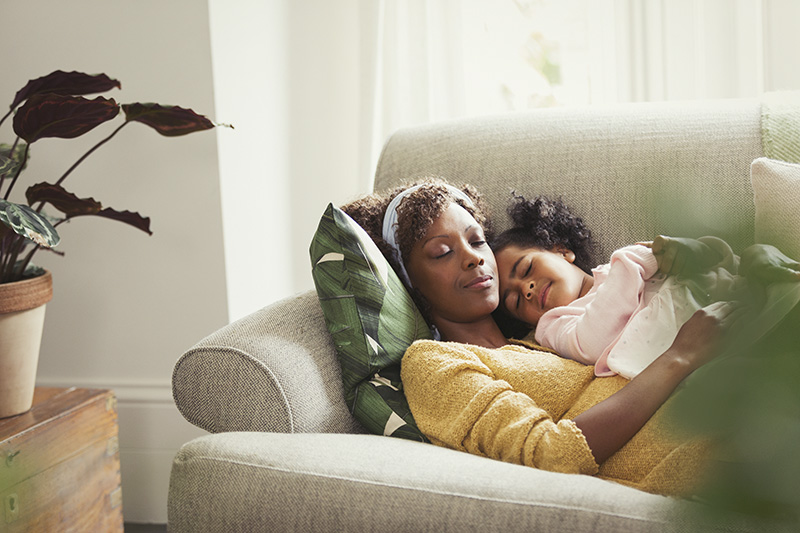Earthquakes, Floods and Wildfires: Prepare Now, Before Disaster Strikes
Dec 8, 2021

With swarms of earthquakes off the Oregon coast, plus our normal brushes with forest fires, floods and landslides, natural disasters are a natural reality for many communities. Each is a reminder now is the best time to consider your own disaster preparedness.
Here in the Northwest, the possibility of a major earthquake striking the region is on everybody's radar. You've probably even felt some mild tremors yourself. Warnings that the infamous "Big One" would wipe away coastal towns and collapse Portland's infrastructure have the state on high alert, and more and more Oregonians are taking steps to prepare before it strikes.
But it's not just earthquakes that we should worry about. Floods, avalanches, wildfires and mudslides are natural disasters that could affect us at some point in the Pacific Northwest. If any of these were to occur, would you be ready?
Unfortunately, many people are not prepared in the event of a natural disaster. Luckily, you can get started on creating an emergency kit today, even if it isn't perfect now. You can improve your kit by collecting supplies over time.
What to put in an emergency supply kit
There are a number of things you could include in your emergency supply kit. A good rule is to stash enough of everything to last you three days. Remember, some of these items expire, so be sure to check dates and replace items as necessary.
- One gallon of water per person, per day
- Food that is easy to make and doesn't spoil (pasta, canned soup, dried milk)
- Can opener
- Utensils and food preparation supplies
- Medications and medical supplies
- Personal hygiene items (soap, toothbrush, glasses/contact lenses)
- First aid kit
- Multipurpose tool
- Matches or lighter
- Good shoes
- Change of clothing
- Flashlight
- Radio
- Phone chargers
- Batteries
- Whistle
- Important documents
- Cash
- Keys
- Copy of your emergency plan
Kids and pets
If you have children, you may need to add additional items to your kit. For infants, include required formula, diapers and baby food. Consider adding games and other activities to keep children occupied.
If you have pets, you will need to pack extra water, pet food, a leash and a carrier for transport.
Make a plan for emergencies
Sit down with your family and talk about the types of natural disasters that you could face. When making your plan, consider escape routes, meeting places, emergency contacts and each person's responsibilities. You can download a form to help you create your plan here.
The team at Adventist Health Portland also suggests locating the nearest emergency department to your home, work and school. That will save time and precious seconds in the event that you or a loved one is hurt and needs to get to the ER right away.
It's also important to include kids in the conversation, so they are prepared to respond if parents, guardians or adults are not around when a disaster happens.
Personalize your kit and plan
Every person and every family has unique needs, so make sure to personalize your emergency kit and plan to fit your requirements, whether that's including certain medications or having specific foods available for people with food allergies.
You never know when an emergency may happen, so be prepared at home, work and even in your car.
The question isn't "if" it will happen, but "when" it will happen, and preparing now could mean all the difference at a later date.
Related articles

The Gut-Brain Connection: How Your Mental Health Affects Your Gut Health
February 6, 2024

Gut-Healthy Foods: Eating for Your Digestive Health
February 6, 2024

How Looking After Yourself Benefits Your Whole Family
February 5, 2024